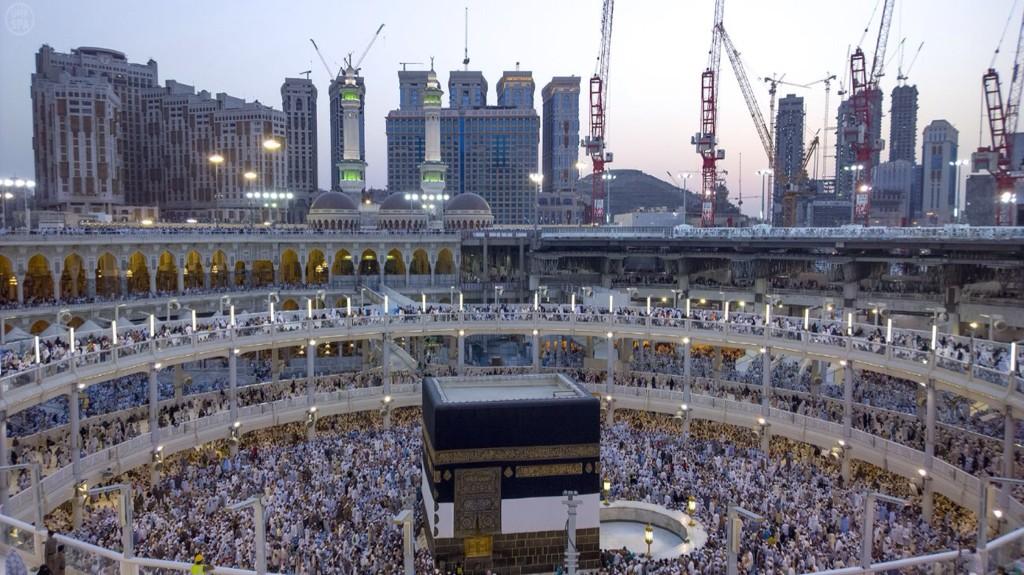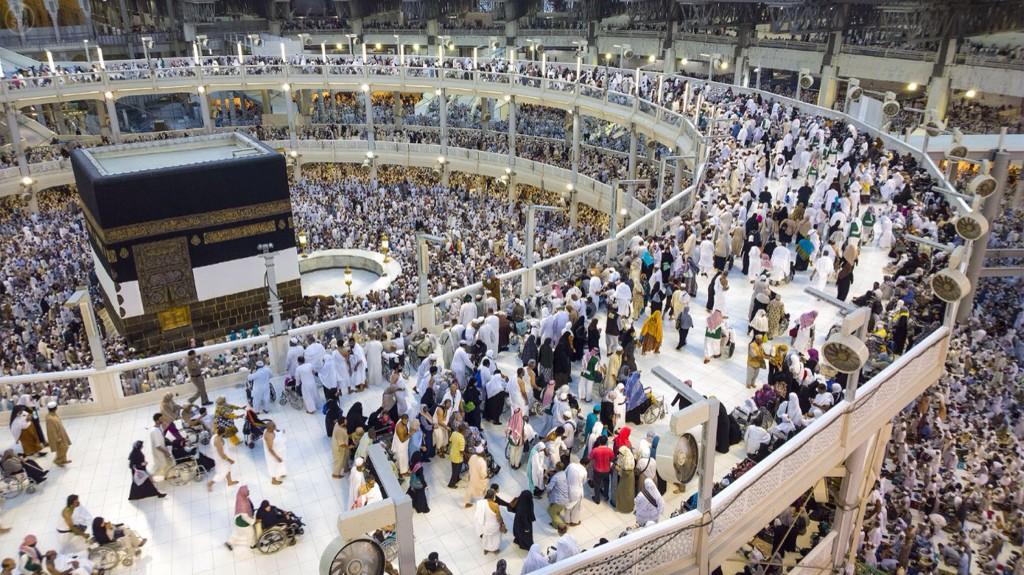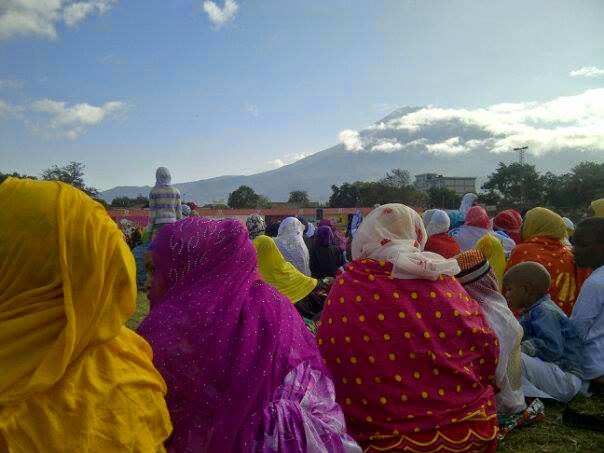Interesting Read .....War is something else, it affects people in so many different ways.I nabbed the article below from
BBC by Tahir Qadiry.
Afghan psychiatrist Nader Alemi at his clinic in Mazar-e-Sharif
In the late 1990s the
Taliban controlled Afghanistan, but the fighting that brought them to
power left many militants struggling with the psychological effects of
war. One doctor recognised the problem and, although he disagreed with
the Taliban's ideology, agreed to treat them.
"I remember the first group of Taliban who came to see me,"
says Afghan psychiatrist Nader Alemi. "They used to come in groups, not
as individuals. When I treated one, he would spread the word. "Fighters would turn up with my name on a piece of paper.
They would say that I'd cured their friend, and now they wanted to be
cured too. Most of them had never been to a doctor before."
A familiar figure in Afghanistan, Alemi is based in
Mazar-e-Sharif in the north of the country. Taliban forces captured the
city in August 1998 and won control of much of the surrounding area. But while they were succeeding on the battlefield, Alemi saw the mental strain of years of fighting. He was the only psychiatrist in northern Afghanistan to speak Pashto, the language of most Taliban. "Language was very important - because I spoke their language, they felt comfortable opening up," he says.
One day the Taliban's provincial governor Akthar Osmani
summoned Alemi to see him - Mullah Akhtar was second in command to
Mullah Omar, the group's spiritual leader.
"He was hearing voices and he was delusional - his bodyguards told me
they could hear him raving during the night," says Alemi. Mullah
Akhtar's staff also said their boss often didn't recognize them.
"This man had been on the front line for goodness knows how
long, and seen goodness knows how many people killed in front of him.
All those explosions and screams may still have been echoing in his
head, even sitting in the comfort of his office."
Alemi wanted to see Mullah Akhtar regularly to provide
long-term treatment, but his patient would go off on missions every
three months, and only kept a few appointments. Much later, in 2006,
Mullah Akhtar was killed in an airstrike.
Read the rest of the story
here>>>




.jpg)
















